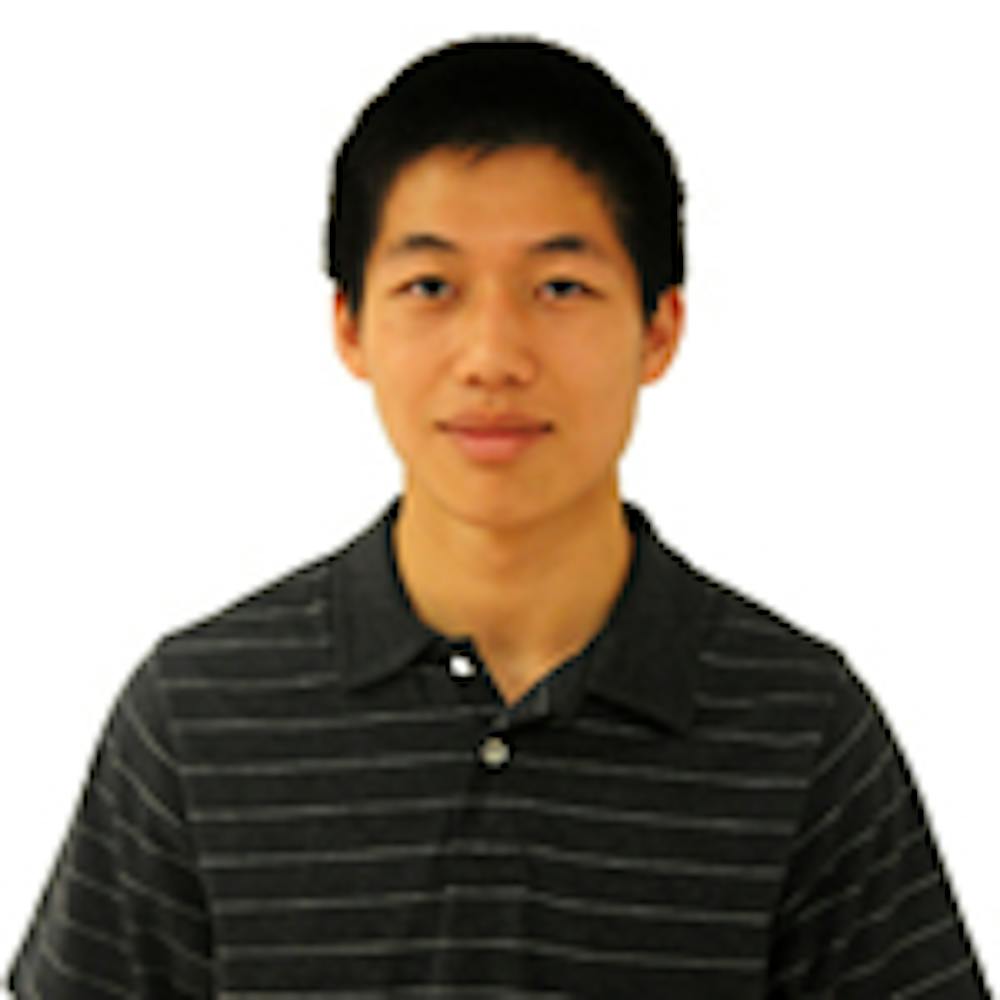
Robert Hsu
The Casual Observer
Throughout my years of civic engagement experience, I’ve been told that there is a “correct” way to community service.
I’ve been told that you should find what you are passionate about and then start an organization to explore that passion. I mean, that’s what I did in high school.
I’ve been told that our society needs more leaders to tackle 21st-century world problems, and being a leader — with America’s entrepreneurial spirit as a guiding backbone — is the best way to show that you are truly devoted to community service.
Sometimes, I wonder if it is actually possible for all of these “leaders” to accomplish anything. Just as there can be too many cooks in the kitchen, there may be too many leaders trying to “lead.”
Our society has firmly ingrained in us a notion that there is a hierarchy of community service that deems our work valuable or worthless. It only encourages and idolizes those who “lead” a project or start something new. But those who choose to devote their time among various causes, enjoy providing behind-the-scenes support for nonprofits or participate once in a service project are frequently described as “followers” or “uncommitted.”
Recently, I participated in a one-time service opportunity through the Civic House, Penn’s very active community-service hub. My task was to help a nature conservancy clear a field of weeds to make room for fresh planting space. I arrived at the site with the hierarchy of community service in mind, thinking that I couldn’t have an impact just as a participant. I felt as if my individual work would barely make a dent on the organization’s daunting task.
But on the way home, while the group discussed the experience, I realized that these “dents” each individual made on the surface of the task had combined to make a much larger impression.
It is this collective denting — the collaboration of a group of individuals playing different roles — that enables us to succeed and facilitate service projects in the real world. The finger-pointing we frequently see — “leaders” trying to find ways to prove that they care about the world by pushing their ideas onto others — does not.
Sometimes, there are enough ideas in the world about what needs to be changed, but — sadly — not enough support to ensure that these ideas come to fruition.
A 2005 article in The Christian Science Monitor states that some experts believe charities with similar platforms should merge to increase social impact, efficiency and human capital. Many small nonprofits lack the support they need to run their operations, rendering them ineffective.
The community-service world does not need leaders to create more organizations with identical platforms; instead, the world needs more willing supporters. Service is not about advancing one’s reputation through superficial positions; it is about acting in the best interest of a cause.
People tend to fit into one of four roles in community service, according to activists Bill Moyer and George Lakey: rebels, advocates, organizers and helpers. All too often, this last category is the most underappreciated and overlooked part of any social movement. Although the rebels, advocates and the organizers are more noticeable, it is the work of the helpers that actually runs a movement.
All four roles depend on one another to function. Without an organizer to plan the logistics of a protest and recruit helpers, a rebel becomes powerless. Without the rebel to bring attention to an event, the organizer and helper become ineffective.
Ultimately, being a true leader in community service is about adaptability. There is no one-size-fits-all; there are different people, different challenges and different conditions that change our role in each situation.
What we need is more people willing to take on positions that are frequently overlooked. We need people to ensure the sustainability and success of community-service projects. We need the helpers.
Robert Hsu, a College and Wharton freshman from Novi, Mich., is a Civic Scholar. His email address is rohsu@sas.upenn.edu. The Casual Observer appears every other Friday.
A previous version of this article misspelled the name of Bill Moyer.
The Daily Pennsylvanian is an independent, student-run newspaper. Please consider making a donation to support the coverage that shapes the University. Your generosity ensures a future of strong journalism at Penn.
DonatePlease note All comments are eligible for publication in The Daily Pennsylvanian.








